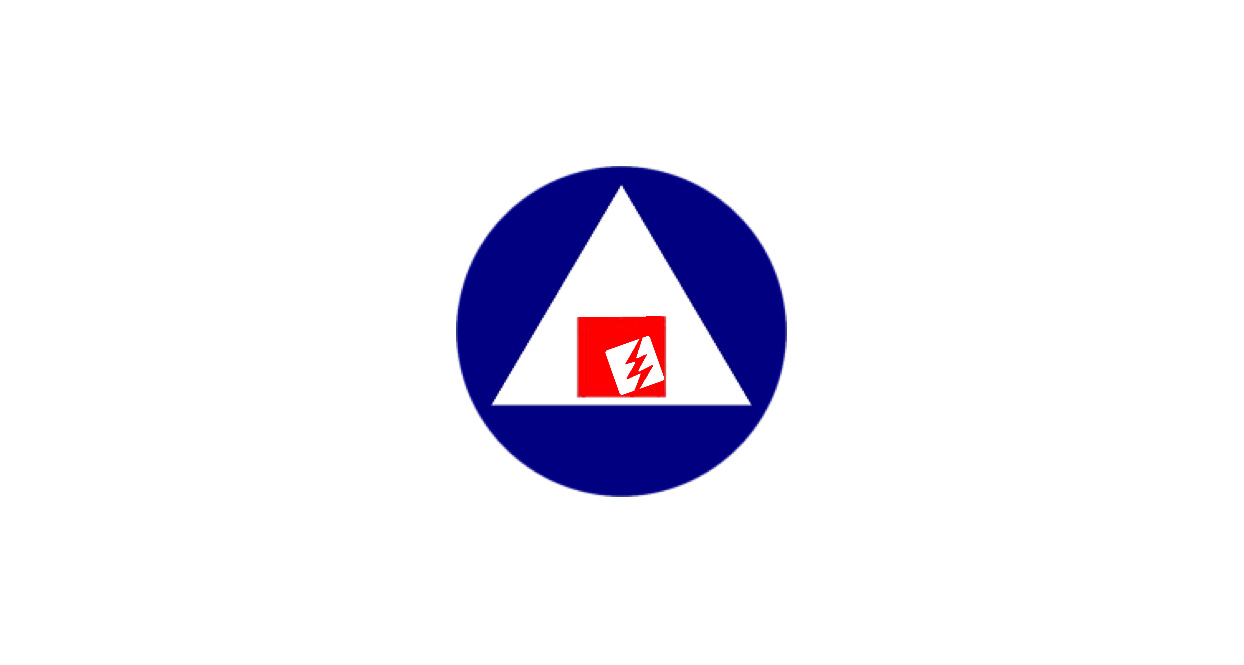The Kremlin’s goals for Ukraine and Belarus are intertwined
Lithuania’s Foreign Minister evaluates Russia’s latest military buildup
Great Power is pleased to bring you this guest post from Gabrielius Landsbergis, the Foreign Minister of Lithuania.
Landsbergis took the post of foreign minister just over a year ago, in December 2020. In the year since, he has thrown Lithuania’s diplomatic resources behind supporting the Belarusian opposition-in-exile, many of whom now make their home in Lithuania beside Russian dissidents who have also had to flee their home country and international NGOs that operate their Russian programs from Vilnius. He has led the way in helping to push for more expansive and effective sanctions against Russia and Belarusian President Lukashenko. He has been outspoken on the need to support Ukraine, Moldova, and Georgia in their westward aspirations. In short order, Moscow has learned to pay attention, and so have his colleagues in the Alliance.
Russia has tried to ensure this fortitude comes with steep costs, increasing hybrid measures targeting Lithuania, including using Belarus to weaponize migration across the border into Lithuania — an attempt to destabilize the political and security environments of Lithuania. Simultaneously, Landsbergis has pushed within the EU for a less permissible diplomatic relationship with China and greater awareness of Chinese influence efforts. Combined with Lithuania’s support for Taiwan, this has sparked Chinese ire, resulting in diplomatic expulsions and sanctions. Nonetheless, Lithuania’s values-based diplomacy remains clear — and it should serve as an example.
Lithuania’s unique security position in NATO as the southernmost Baltic state and leadership in values-based foreign policy give Landsbergis a distinct perspective on Russia’s latest military buildup on its western border. What does it mean for Ukraine? For Belarus? For us? Could the apparent military action against Ukraine be designed to make the annexation of Belarus by Moscow more palatable?
—MM
* * * * *
The Kremlin’s goals for Ukraine and Belarus are intertwined
by Gabrielius Landsbergis
As the citizens of the free world settle down into the peaceful expectation of Christmas and the New Year, it seems ill-mannered to speak of an impending geopolitical earthquake — which, if it were to happen, would wreak havoc on the security environment of Europe.
And yet talk about it we must — talk, and get ready.
What can happen? Russia’s goal is obvious. It aims to shift the balance of power, extending its controlling influence over the whole Eastern Partnership region: Ukraine, Moldova, Georgia, Armenia, Azerbaijan, and, finally, Belarus. Russia can achieve this essentially in two ways. First, by military means — a massive military attack on Ukraine and a concomitant Anschluss (annexation) of Belarus would do it. And it looks as though this is precisely what Russia is preparing for now.
But there is also a second way to change the situation — by exerting strategic pressure on the West. Russia, in all likelihood, expects that, in order to avoid war, the West will be ready to make some major strategic concessions. Russia is already demanding guarantees that NATO will not enlarge, and insisting that NATO revoke the invitation to join the alliance that was extended to Ukraine and Georgia at the 2008 Bucharest Summit. Otherwise, Russia darkly hints, it may have to go to war. If this is not a piece of a strategic blackmail, I don’t know what is.
Were the West to cave in and withdraw from Russia’s neighborhood, it would allow Russia to increase pressure on states in the region, to create instability, and to become a new center of gravity for these countries. Additionally, such disengagement from the peoples of nations currently seeking integration into the West — into the EU and NATO — would inevitably result in a decline in trust in these Western institutions and alliances.
Beyond any doubt, there would be comparisons to Yalta. The question that would resonate among Eastern European allies would be this: How can we possibly trust the West not to pull out if there is a military build-up along the borders of the Baltic States?
Why now? Because even ordinary Ukrainians are drifting further away from Putin's world and getting closer to the West. It seems the point of no return has already been reached, or soon will be. Turning back is almost impossible for Ukraine; it would cause enormous chaos and deter the West from any partnership with Ukraine in the future. Likewise, Moldova managed to breakout of a seemingly permanent grey zone: it elected a pro-Western president, Maia Sandu, and now also has a pro-European Parliament and Government. For the first time in its history, Moldova has a sporting chance to implement serious and irreversible reforms.
Also, we should not forget Belarus. The sight of hundreds of thousands of people on the streets of Minsk — waving the historical white-red-white flags of Belarusian independence — is permanently emblazoned on the memories of the Kremlin types. Their narrative about a ‘different’ nature of Slavic peoples, allegedly unsuited for democracy and European values, is proving wrong in Belarus. The talk of ‘privileged Russian zones of influence’ is simply unacceptable. Gravitation towards liberty is natural; to make their voices heard, people wish for a Western democracy.
Moreover, we should remember that Putin — who has been granted the right to extend his rule till 2036 — is no longer a young man. The constitutional changes will also allow him to reach the age of Brezhnev while remaining in power. But how will a transfer of power happen?
Each year, more and more concerns will be caused by Putin's topless horse back-riding. Will he be able to maintain internal peace until 2036? Because the revolution in Russia, unlike in Belarus, could occur in the Kremlin itself. In order to be better prepared, Putin has to consolidate his power so that his decisions will not be questioned. And there is no better way to consolidate power and to prepare for its transfer than by representing and addressing strategic issues — issues that are greater than pensions, education, or ecology.
Kremlin aggression in South Ossetia, Crimea, and Donbass helped to consolidate power in the short term. Now the task is bigger: to consolidate in preparation for the transfer of power. To this end, society must be mobilized and trust that the transfer of power will be carried out properly. A major international conflict could be helpful to Putin. Ukraine and Belarus are ideally suited for this.
In an interview, Kremlin strategist Vladislav Surkov said that to build up Putin’s authority, he drew inspiration from the first Roman emperors. On second glance, there is a lot of similarity: when the Roman Empire eventually stopped expanding, it began to crumble. Russia needs to expand to stop the crumbling. And, apparently, it has been estimated that there is no better time than now.
In Russian eyes, the West appears to be lost, and the Eastern partners are becoming increasingly bold and have started choosing another center of gravity than Moscow. So the potential breakdown of the Russian geopolitical project should be stopped before it begins.
What can we do?
First, we must take our partners’ grave and unprecedented warnings very seriously — and get ready. Even if Russia seems to be bluffing, it is obviously prepared to take military action. That action would take place in close proximity to Lithuania and Poland, so we need to prepare for this, both on our own and together with our partners. We also have to be prepared regarding potential sanctions: it must be clear that Russia will be punished if it crosses the Ukrainian border again.
Second, we should not play this Russian game. For democratic states, strategic choices are made by the people and representatives of democratically-elected governments — and not by dictators across the border. The open-door policy is a catalyst for gravitational force, and it drives positive change in the neighbors of the EU and NATO. Thanks to this policy, changes are taking place next to the EU — even irrespective of the fact that no clear promises have been made. Bowing to Russian pressure and closing the door will dramatically slow down these changes.
Third, help is most necessary in difficult times. Countries that seek rapprochement with Western alliances need all kinds of assistance: financial, economic, technical, and, where possible, military. Now is not the time to turn away from these countries, but to lend them a helping hand — maybe even both hands.
Finally, we must focus as an alliance on strengthening the Baltic region. It must be clear to both the people of our region and to potential aggressors that the trans-Atlantic alliance has teeth, and that its teeth are very sharp.
—GL



